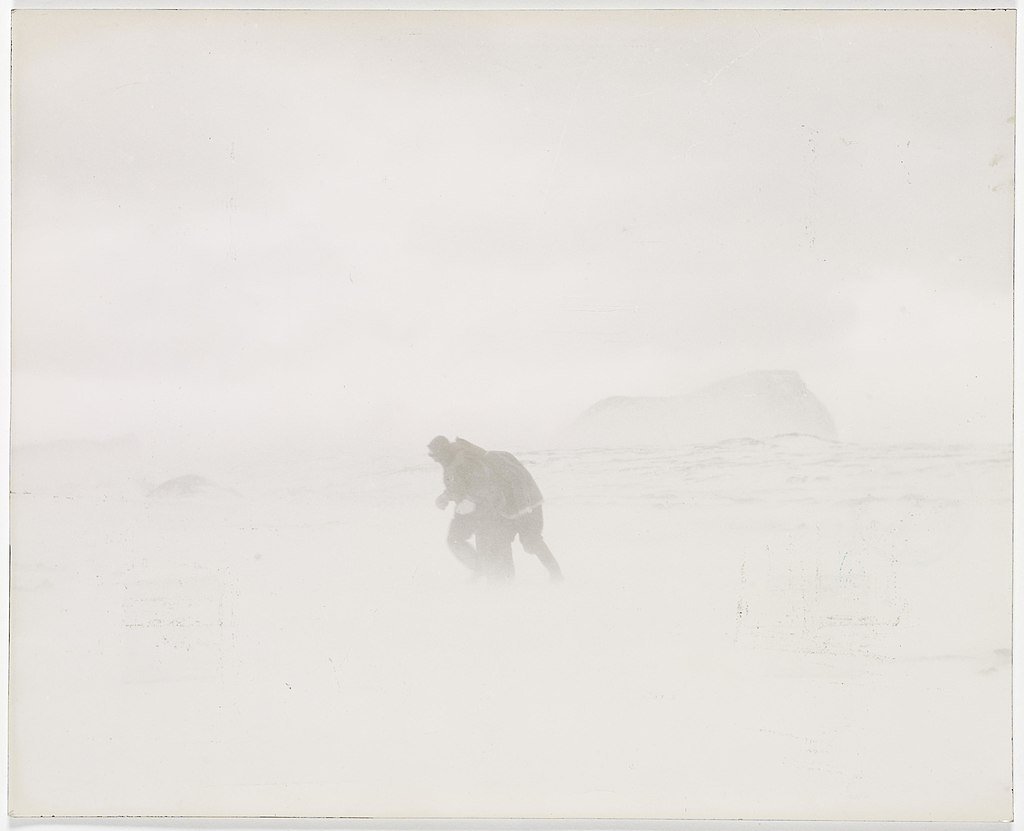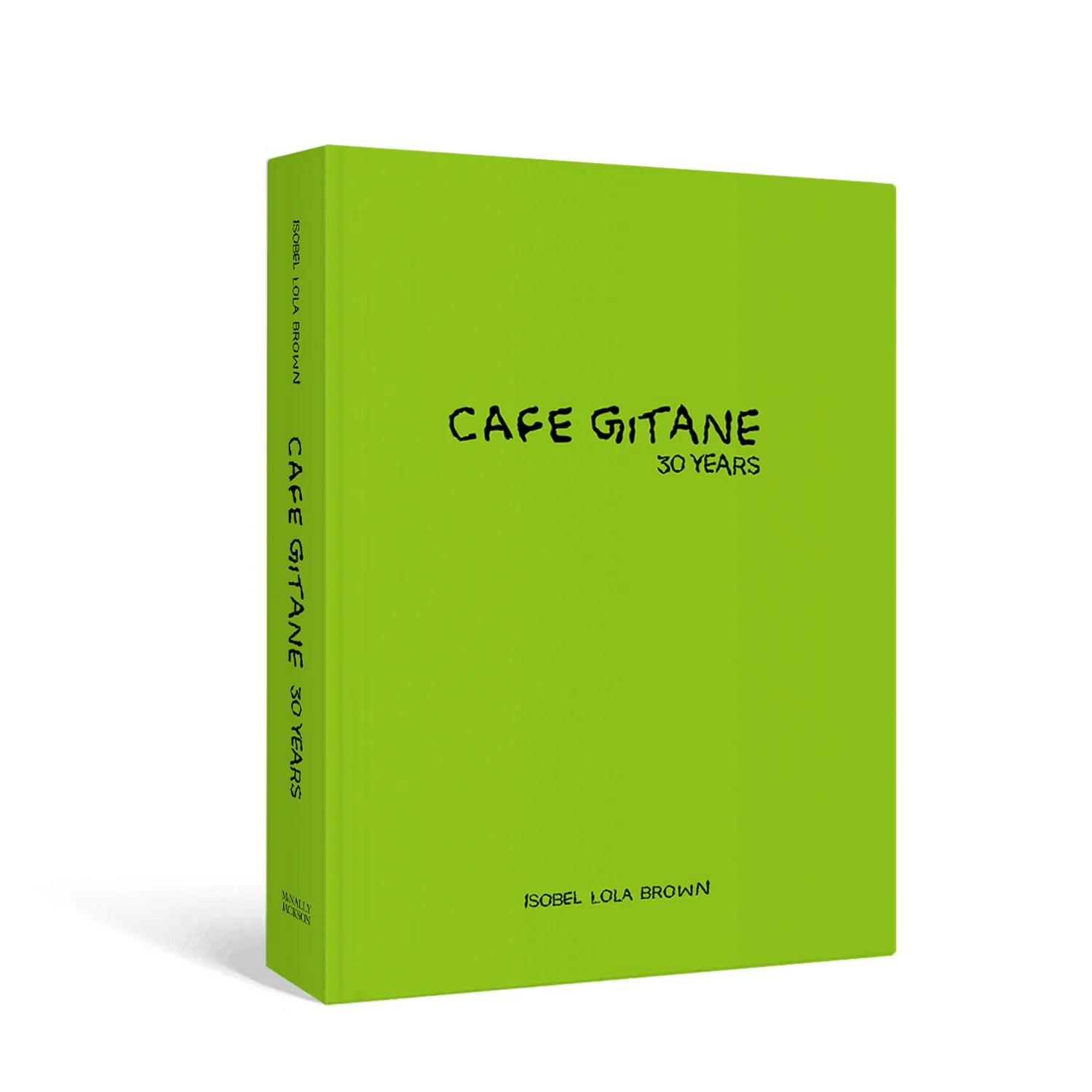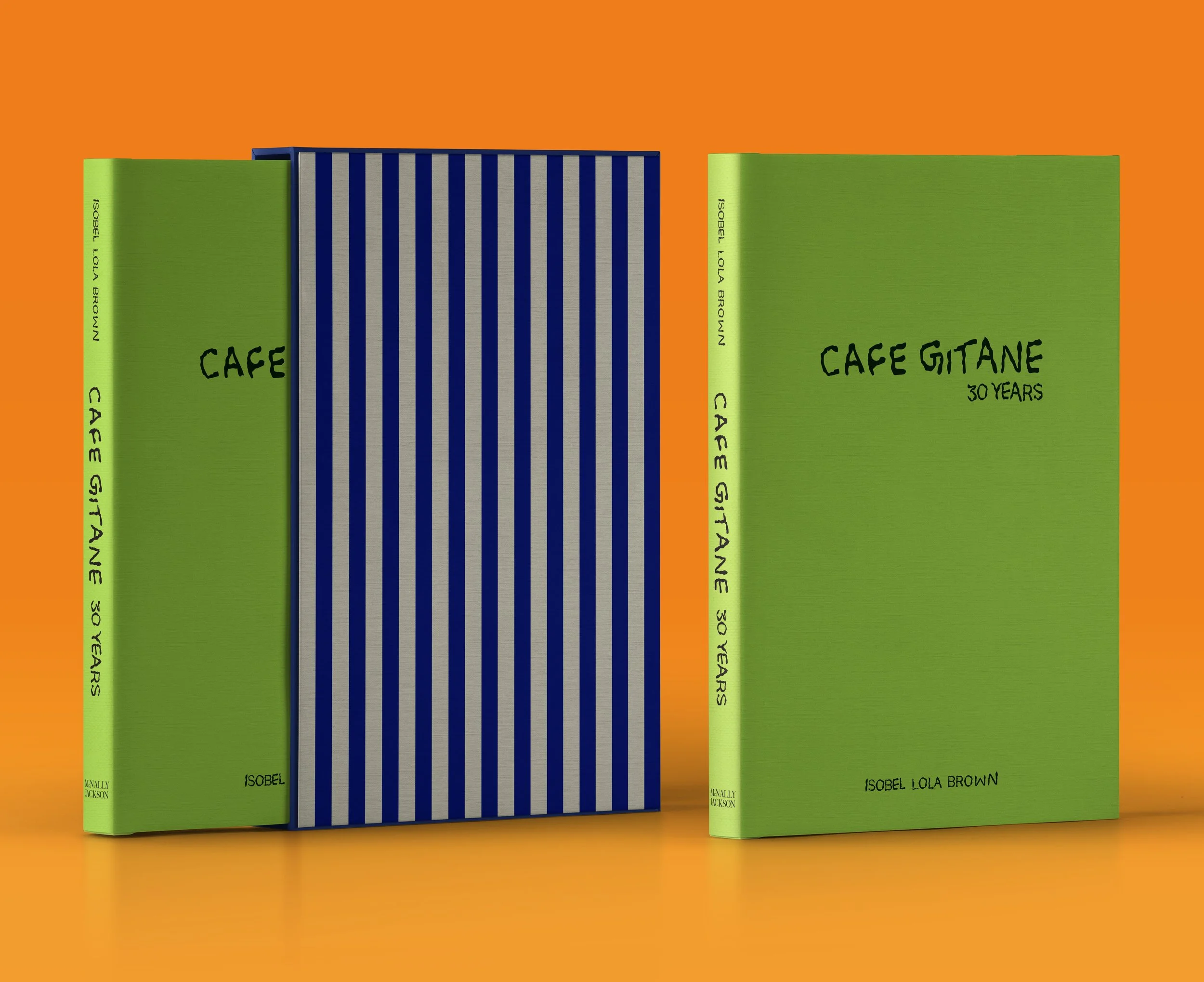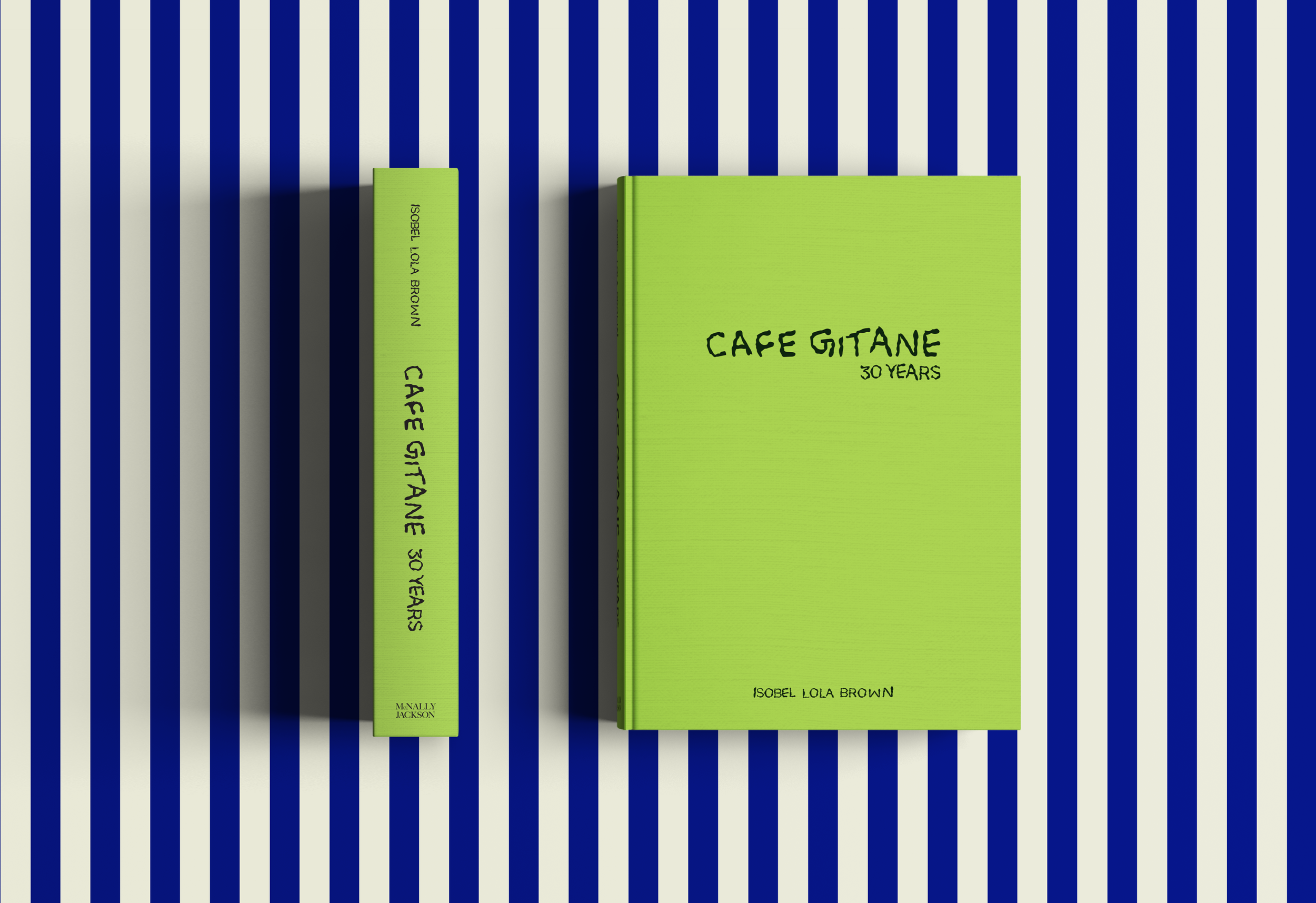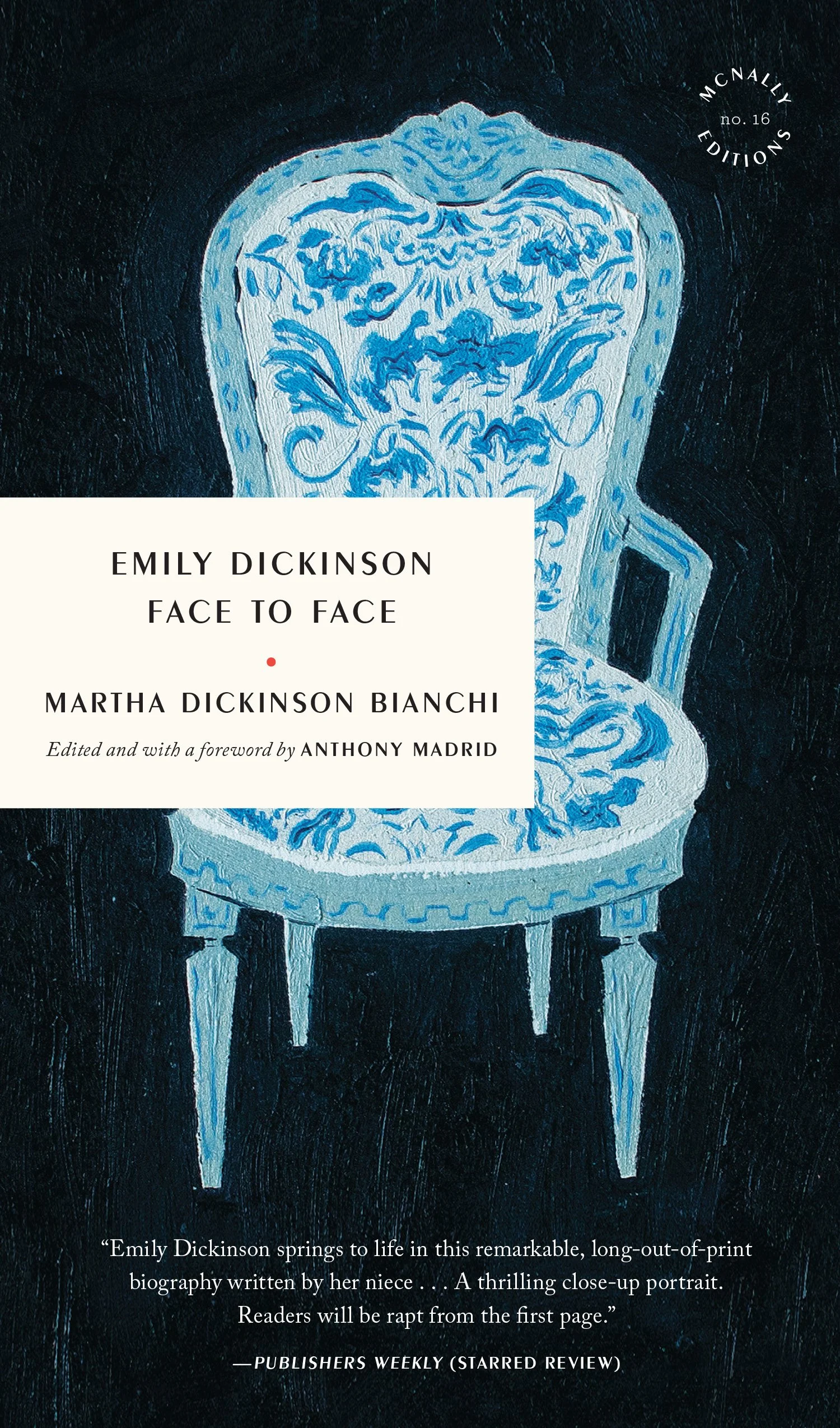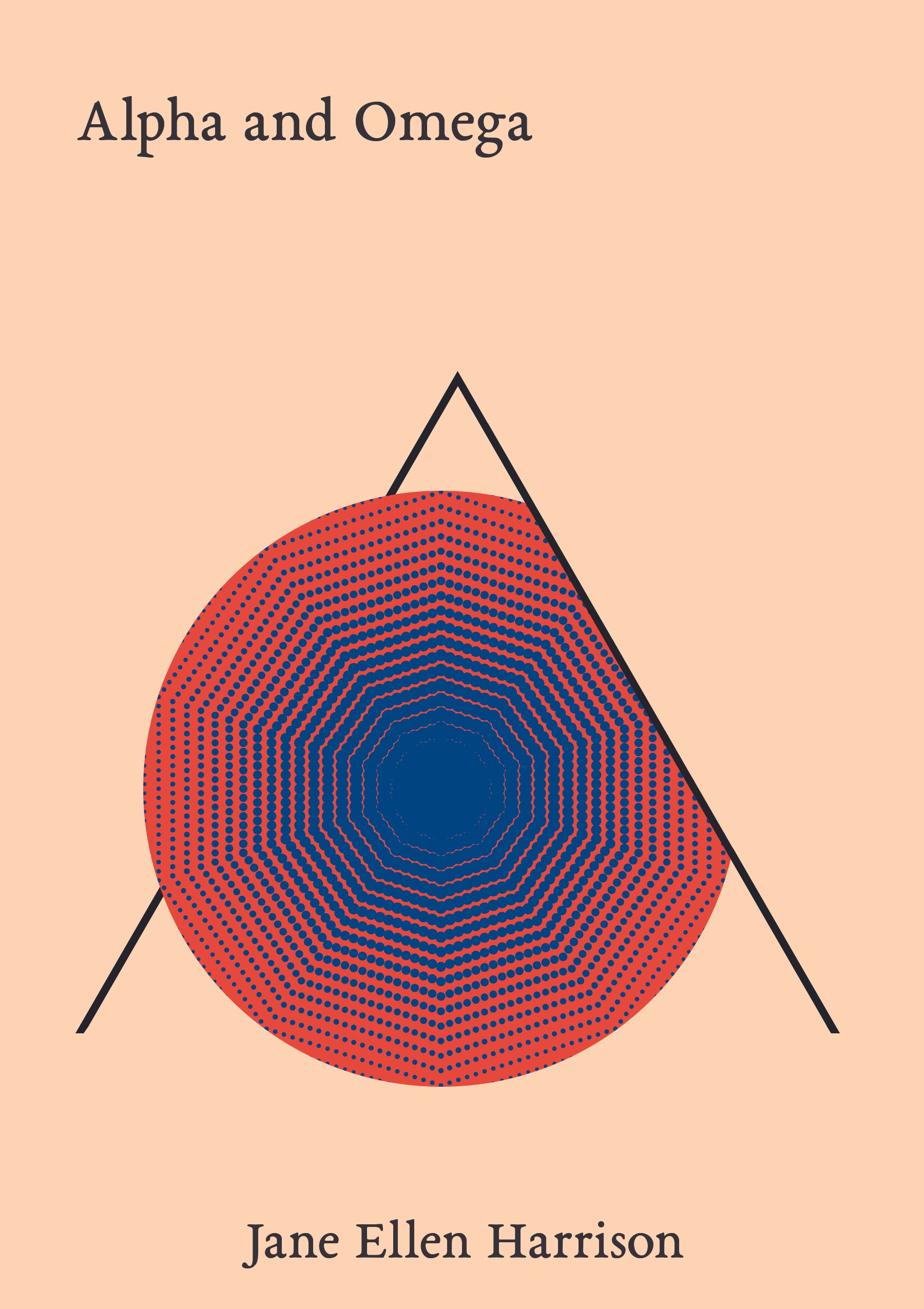How do you describe an addiction in which your drug of choice creates a hole in your memory, a “white out,” so that every time you use it is the first time—new, fascinating, vivid? Michael W. Clune’s story takes us straight inside such an addiction—what he calls “the memory disease.”
With dark humor, and in crystalline prose, Clune’s account of life inside the heroin underground reads like no other. Whisking us between the halves of his precarious double life—between the streets of Baltimore and the college classroom, where Clune is a graduate student teaching literature—we spiral along with him as he approaches rock bottom: from nodding off in a row house with a one-armed junkie and a murderous religious freak to having his life threatened in a Chicago jail while facing a felony possession charge.
After his descent into addiction, we follow Clune through detox, treatment, and finally into recovery as he returns to his childhood home, where the memory disease and his heroin-induced white out begin to fade. White Out is more than a memoir. It is a rigorous investigation that offers clarity, hope, and even beauty to anyone who wants to understand the disease or its cure. This tenth anniversary edition includes a new preface by the author.
“If you’ve ever wanted to know what an exceptional critical mind looks like on drugs, read White Out. This book is full of enduring insights about time, literature, and memory; it is also a hilarious and scandalous and frightening chronicle of full-blown heroin addiction (and graduate school!). This might be the best book about drugs since [Baudelaire’s] Les Paradis Artificiels.
—Ben Lerner, The New Yorker, Best Books of the Year
“A poetic memoir of wit and sharp observation, Clune's work reveals the world of a heroin addict . . . Clune’s razor-sharp description of the magical first time he got high exemplifies why this stands out among dime-a-dozen addiction memoirs . . . This chronicle keenly touches on the devastations of heroin with disciplined literary flair.”
—Publishers Weekly, Starred Review
“White Out is among the most intense and intellectually thrilling books on opiate addiction . . . [A] decade hasn’t dulled its brilliance: White Out describes addiction’s mortifications with a precision and intensity that shames the prose of not just the average addiction memoir but of contemporary literary nonfiction as a whole. It is ‘about’ addiction in the same sense that Lolita—a key Clune text—is ‘about’ pedophilia: overwhelmingly so, but also incidentally, with the ostensible subject serving as pretext for the play of language and the careful chiselling of a bruised, ironic, complexly self-despising sensibility . . . At once deeply compelling and deeply strange.”
—Daniel Kolitz, The Nation
“One of the best dope memoirs I’ve read.”
—Maggie Nelson, On Freedom
“White Out is an excellent book—abject, beautiful, funny, profane, truly, truly terrifying—and it made me read Clune’s criticism and essays in a very different light.”
—Merve Emre
“A deeply thought-through, reasonable, unified, maybe teachable understanding of memory and self and habit.”
—Tao Lin, The Believer
“Raw, fresh, and relevant, White Out transcends the recent rash of addiction memoirs to meditate upon addiction as a disease of memory. Like an avalanche in a haunted CandyLand, this book is an onslaught of connections between past and present, between a blizzard of writing and the blank world of terminal addiction.”
—Nancy D. Campbell, PhD, author of Discovering Addiction: The Science and Politics of Substance Abuse Research
“The unusual risk taken by Clune's unusually good addiction memoir is its enduring lyrical reverence for heroin. The heroin is so close you can see the white. It hasn't been relegated to the past. It has an honest and dangerous smile. It's right here, whitely licking its chops.”
—Gideon Lewis-Kraus, The New Yorker
“His style is direct and confessional, and draws attention to the humour in addiction. He also writes about his theory of addiction . . . The novelty doesn’t come from the feeling of doing the drug, which Clune says ‘starts to suck pretty quickly.' Instead it’s the image, and the persistent newness of the image, that keeps him coming back.”
—Miranda Critchley, London Review of Books
“A memoir that reads like a lost modernist novel—James Joyce as a junkie in modern day Baltimore. James Frey eat your heart out.”
—Adam Wilson, The Millions
“It’s a hard line to walk as a writer: describing positive experiences—with appropriate literary style and flair—while still balancing their psychic toll . . . what is striking about listening to Clune is his emotional honesty about the high, the surrounding “dope white” mythology, and the deeply disappointing reality.”
—Christopher Lydon, Radio Open Source
“A cautionary tale full of black, self-deprecating humor . . . Hip, bleak and funny.”
—Michael Heaton, Cleveland Plain Dealer
“The best book ever written about drugs.”
—Jordan Castro, Red Scare Podcast
Michael Clune is the critically acclaimed author of the memoirs Gamelife and White Out: The Secret Life of Heroin. His academic books include A Defense of Judgment, Writing Against Time, and American Literature and the Free Market. Clune’s work has appeared in venues ranging from Harper’s Magazine, Salon, and Granta to Behavioral and Brain Sciences, PMLA, and The Chronicle of Higher Education. His work has been recognized by fellowships and awards from the John Simon Guggenheim Memorial Foundation, the Mellon Foundation, the Baker-Nord Center for the Humanities, and others. He is currently the Samuel B. and Virginia C. Knight Professor of the Humanities at Case Western Reserve University and lives in Cleveland Heights, Ohio. His debut novel, PAN, will be published by Penguin Press on July 22, 2025.
White Out: The Secret Life of Heroin • Paperback ISBN: 9781946022608
Mar 21, 2023 • McNALLY EDITIONS no. 15
5" x 8.5" • 272 pages • $18.00
eBook ISBN: 9781946022615




